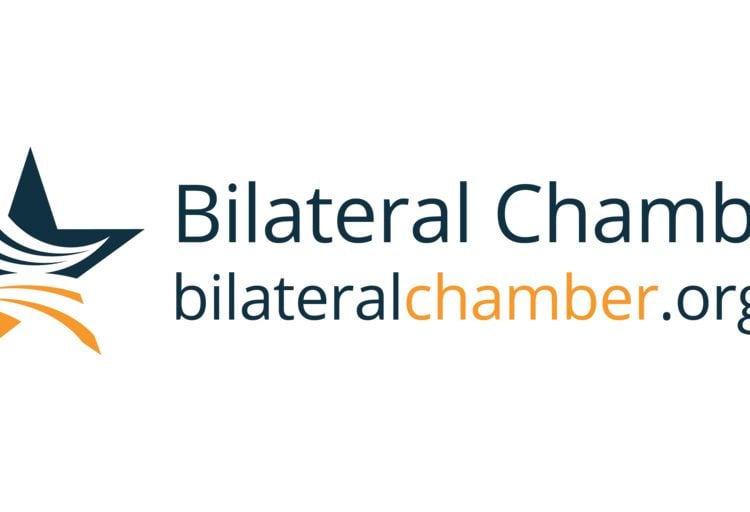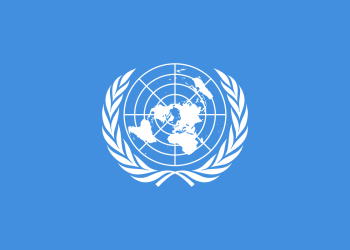The US-based Bilateral Chamber is to hold a high-level ‘‘U.S.-Libya Ministerial Roundtable’’ in Houston, bringing together senior Libyan government leadership and U.S. industry executives.
The organisers say this exclusive session provides a rare opportunity for direct dialogue with Libya’s top decision-makers as the country undertakes ambitious reforms and opens new pathways for international partnerships. It says the event builds upon the momentum of the recent bilateral meetings in Washington, D.C., and the signing of the Memorandum of Understanding with Exxon.
Delegation:
- H.E. Dr. Khalifa R. Abdulsadek, Minister of Oil and Gas (confirmed)
- H.E. Dr. Mohamed Al-Ghouj, Acting Minister of Health (confirmed)
- H.E. Dr. Ali Mahmoud Hassan Mohamed, Libyan Investment Authority Chairman*
- Head of PM Executive Team for Strategic Projects*
- Deputy Minister of Economy*
*invited
Explaining its rationale for organising an event on Libya and at this moment in time, the Bilateral Chamber says:
- Energy Powerhouse: Libya holds the largest proven oil reserves in Africa and is actively seeking investment to modernize its upstream, midstream, and downstream sectors. Production is rebounding, with a national target of over 2 million barrels per day by 2030.
- Healthcare Transformation: Libya is committing significant resources to rebuild its healthcare infrastructure, upgrade hospitals, and introduce advanced medical technologies. Partnerships with international providers and investors are needed to expand access to high-quality care.
- Strategic Location: With its Mediterranean coastline and proximity to Europe, Libya serves as a natural hub for trade, logistics, and cross-border cooperation.
Designed as an exclusive, high-impact dialogue session, the Bilateral Chamber says the event will entail government officials engaging directly with attendees to map market entry points and spotlight upcoming licensing rounds, financing avenues, and priority projects.
The event offers opportunities to explore:
- Energy & Infrastructure: New upstream exploration blocks, refinery modernization, renewable energy initiatives, and critical infrastructure upgrades.
- Healthcare: Hospital and clinic modernization, medical technology transfer, training partnerships, and private-sector investment in pharmaceuticals and health services.
- Public-Private Partnerships: Strategic frameworks for foreign investors to co-develop projects in line with Libya’s national priorities.









